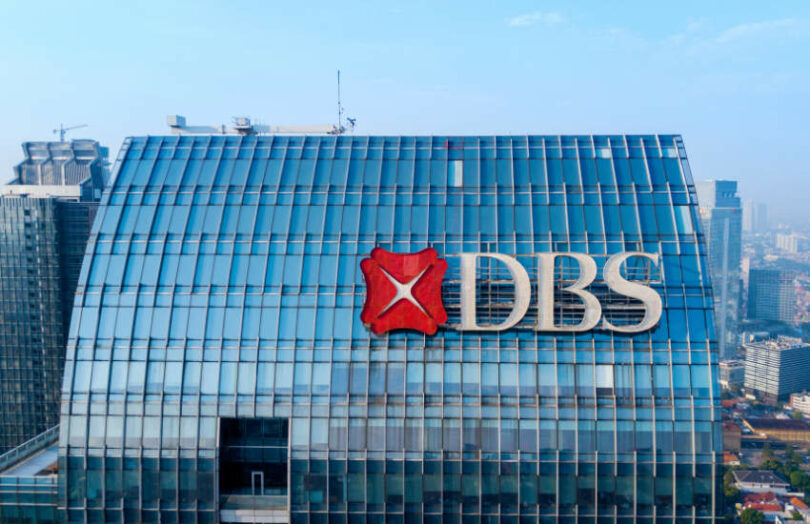Today Singapore’s DBS Bank announced it had executed its first intraday repo transaction using JP Morgan’s Onyx Digital Assets network powered by blockchain. Banks use repurchase agreements (repos) for short term funding by selling securities such as U.S. Treasuries, and agreeing to repurchase them later.
Repos are a massive market with more than $4 trillion in U.S. dollar repos outstanding at any one time.
Since repos are intended for short term funding, the drawback is that settlement usually takes two days. Distributed ledger technology (DLT), with its instant settlement or delivery versus payment (DvP), makes it practical to have repo transactions that span a few hours rather than a day or more. Blockchain is powering other types of intraday funding, including swaps.
Andrew Ng, Head of Treasury and Markets at DBS, said that for repos, “infrastructural and technical inefficiencies meant the minimum term has usually been one day. In the past, banks around the world had to explore alternative routes for intraday financing requirements. Through leveraging efficiencies of a blockchain-based solution, we are able to raise USD funding in compressed timeframes which are beneficial to our liquidity needs.”
In the case of Onyx Digital Assets, in addition to tokenizing the repo security, the DLT repo solution also uses JPM Coin, its blockchain-based bank account, to enable instant settlement.
DBS Bank is the first Asian bank to use the repo solution. Other announced participants include Goldman Sachs and BNP Paribas. When BNP Paribas joined in May, cumulative transactions had reached $300 billion since the December 2020 launch.
“This is the first time that J.P. Morgan is acting as both Triparty Agent and Collateral Token Agent, which is an exciting development for the market,” said Ed Bond, Head of Trading Services Asia Pacific at J.P. Morgan.
Unpacking Ed Bond’s statement, typically, Triparty agents are custodians that help with the management of collateral, such as calculating margin requirements and settlement, including handing over securities when a transaction completes. The collateral would be the underlying security in the repo transaction, such as a U.S. Treasury.
Where the collateral is tokenized, it needs an independent party to take the real world collateral, immobilize it, and tokenize it. And vice versa if the security is moved off the DLT platform. That immobilization and tokenization is the role of the Collateral Token Agent.
Meanwhile, DBS Bank and JP Morgan’s Onyx unit have a close relationship. They are both backers of Partior, the Singapore-based blockchain payments network that is also backed by Temasek and Standard Chartered. And they are participating in the Monetary Authority of Singapore’s Projet Guardian that explores DeFi for financial institutions.












 All while Pfizer—a company with a $2.3 billion criminal fine for fraudulent marketing, bribery, and kickbacks—was given blanket immunity from liability and billions in taxpayer dollars to produce a vaccine in record time with no long-term safety data.
All while Pfizer—a company with a $2.3 billion criminal fine for fraudulent marketing, bribery, and kickbacks—was given blanket immunity from liability and billions in taxpayer dollars to produce a vaccine in record time with no long-term safety data.
























